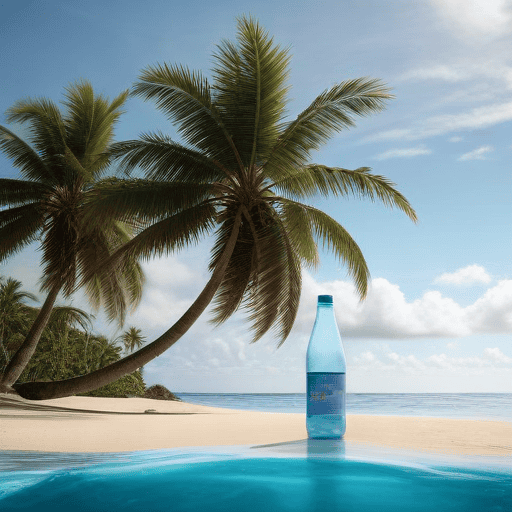Each year, an astonishing 311,090 tonnes of plastic waste are generated within 50 kilometers of Pacific Island coastlines, as reported by the International Union for Conservation of Nature (IUCN). Alarmingly, 73 percent of this waste is at risk of leaking into the marine environment due to improper disposal methods such as littering, direct dumping into inland waterways, or being blown into the ocean from poorly managed waste sites.
The Pacific Regional Report 2021 highlights the unique challenges faced by Pacific Island countries (PICs) in solid waste management. The strategies typically utilized by developed nations often do not align with the realities of waste management in these island nations. Currently, many PICs struggle with inadequate infrastructure and capacity to handle the high volumes of problematic waste, including illegal dumping and leakage from imported materials like single-use plastic packaging, waste oil, tires, and end-of-life vehicles.
Plastic waste constitutes 7 to 17 percent of the total waste in the region, trailing only behind organic material, which accounts for 35 to 70 percent. Additionally, plastics from other nations, aided by trade winds and ocean currents, along with abandoned fishing gear, are significant contributors to marine debris in these islands.
The report points out the ongoing challenges related to plastic consumption and disposal in the region. Key issues include the lack of proper infrastructure and landfill services, as well as limited export markets for recyclable materials, increasing the possibility of plastic waste entering the environment. Reliable waste collection services are predominantly available only to urban areas. Meanwhile, residents in peri-urban, rural, and outer island communities often lack access to such services.
While the situation is grave, there remains hope for progress. Increased awareness and advocacy for improved waste management practices can lead to tangible changes. Initiatives focused on enhancing infrastructure, promoting recycling, and developing effective community engagement can significantly mitigate the impacts of plastic waste. Collaboration among governments, organizations, and local communities will be essential in addressing these challenges, leading to a cleaner and healthier marine environment for future generations.

Leave a comment